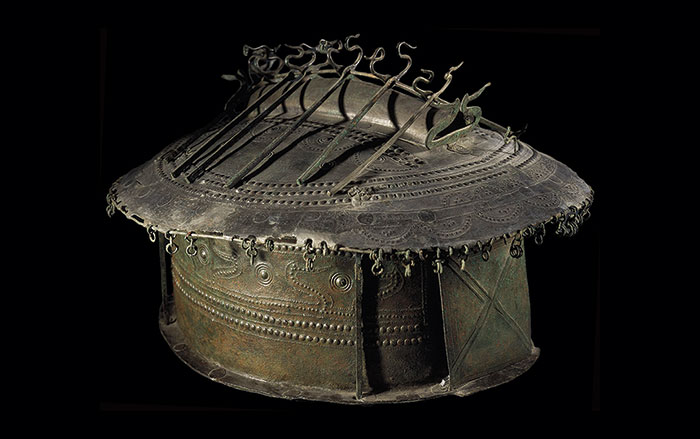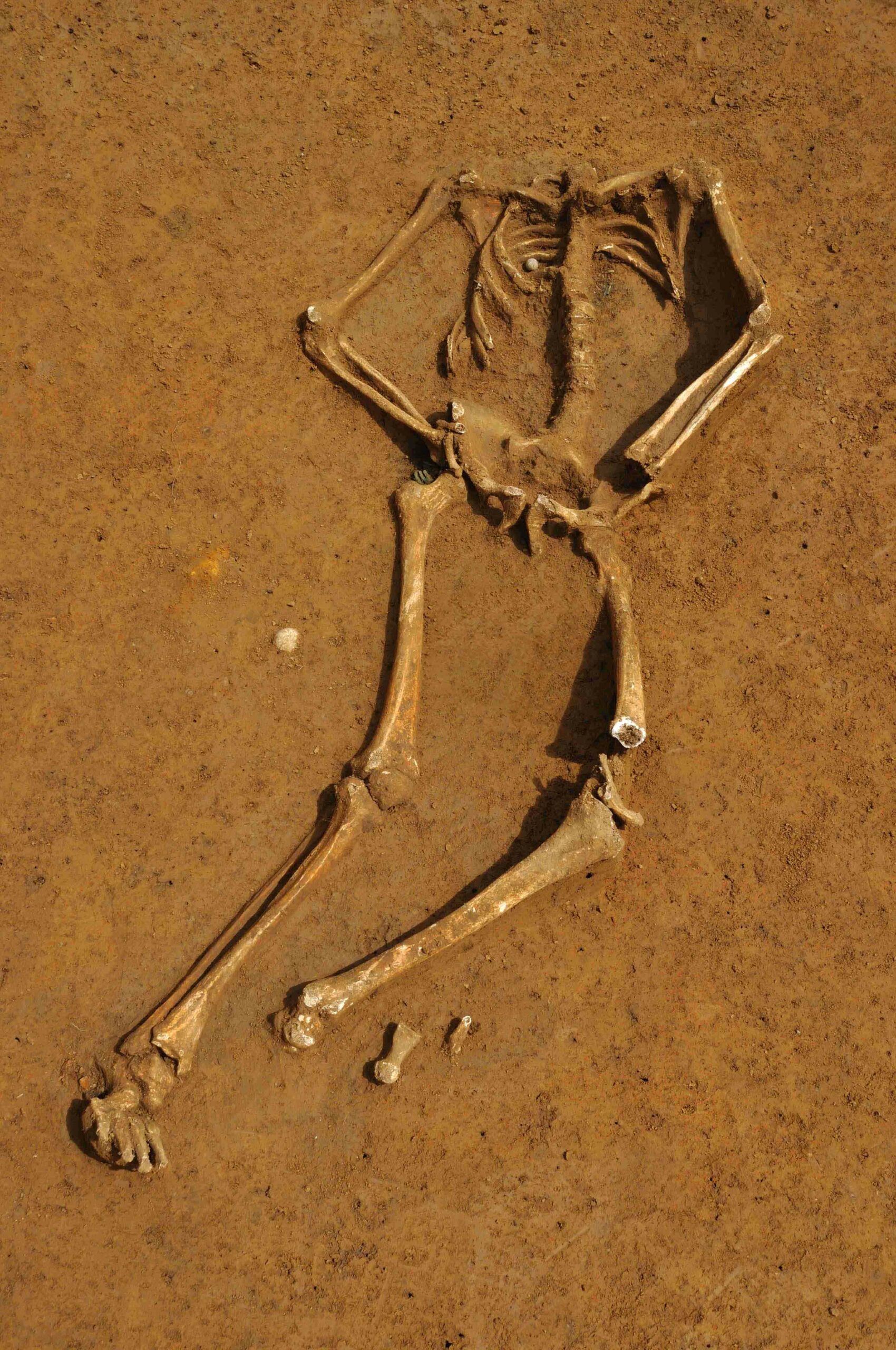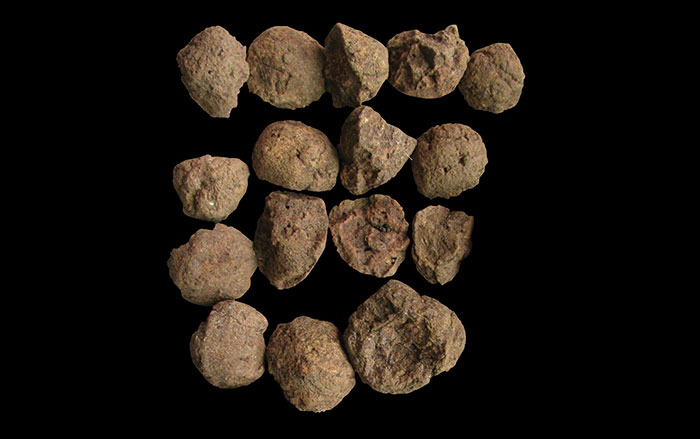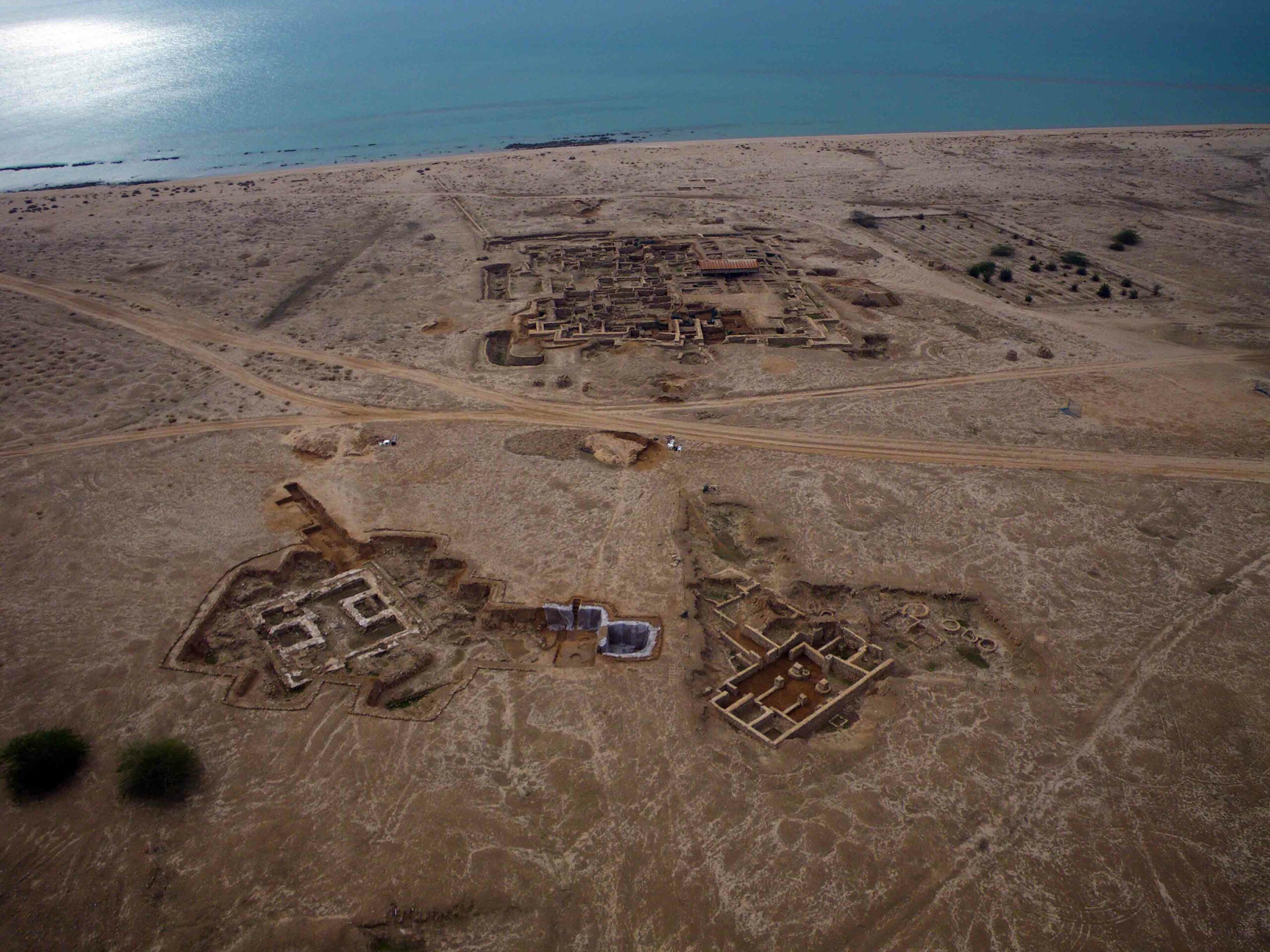EDISTO ISLAND, SOUTH CAROLINA—A slave cabin dating from the 1850s has been dismantled and transported to the Smithsonian’s new National Museum of African-American History in Washington, D.C. The cabin is one of two to have survived at the Point of Pines Plantation in South Carolina, and was occupied, without electricity or heat, until the 1980s, when it was added to the National Register of Historic Places. “The sea island history is so rich and multigenerational. This history has been tucked away,” said Nancy Bercaw, curator of the new museum, which will open in 2015.
Sea Island Slave Cabin Moves to New Museum
News May 20, 2013
Recommended Articles
Model Homes March/April 2026
Doorways for the Dead
LOCATION: Thebes, Egypt
DATES: Ca. 1981–1975 b.c.

Model Homes March/April 2026
A Maya God’s Humble Abode
LOCATION: Copán, Honduras
DATE: Ca. a.d. 700–850



-
Features March/April 2013
Pirates of the Original Panama Canal
Searching for the remains of Captain Henry Morgan's raid on Panama City
 (Courtesy Captain Morgan Rum Co.)
(Courtesy Captain Morgan Rum Co.) -
Features March/April 2013
A Soldier's Story
The battle that changed European history, told through the lens of a young man’s remains
 (Courtesy Dominique Bosquet)
(Courtesy Dominique Bosquet) -
Letter From Cambodia March/April 2013
The Battle Over Preah Vihear
A territorial dispute involving a 1,100-year-old Khmer temple on the Thai-Cambodian border turns violent
 (Masuru Goto)
(Masuru Goto) -
Artifacts March/April 2013
Pottery Cooking Balls
Scientific analyses and experimental ARCHAEOLOGY determine that mysterious, 1,000-year-old balls of clay found at Yucatán site were used in cooking
 (Courtesy Bolonchen Regional Archaeological Project)
(Courtesy Bolonchen Regional Archaeological Project)


